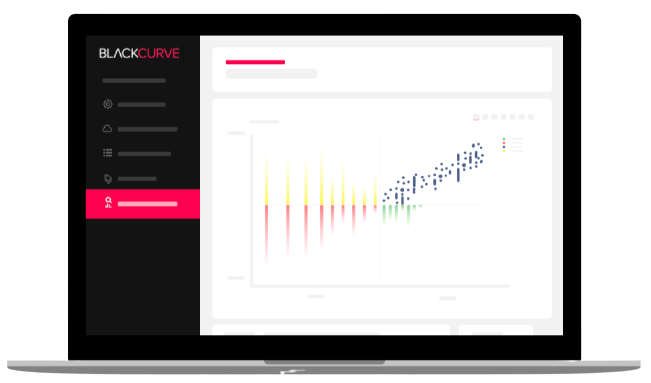Determining price is one of the toughest things to do in business, largely because it has such a big impact on your company’s bottom line. One of the critical elements of pricing is understanding what economists call price elasticity.
When you run an eCommerce store, knowing how to price your products effectively can make or break your business.
Topics: Price Elasticity
We recognise that businesses are both at different stages of market size, as well as at different stages for how much pricing is being used inside the business to support growth. Therefore, we have created three core editions, or “flavours” as I typically say on demo calls with prospects: ‘Tracker’, ‘Challenger’, ‘Commander’, to support whatever stage of pricing your eCommerce business is at. This post aims to take you through these editions to help with your selection, as well as introduce our new ‘Enterprise’ offering.
Topics: Pricing Software, Dynamic Price Optimisation, Price Elasticity, Excel Pricing, Competitor Price Tracking, BigCommerce, Automation, Ecommerce Pricing, retail pricing, headless
Price Elasticity is a measure of the relationship between a change in the quantity demanded of a particular good and a change in its price. Price Elasticity of Demand (PED) is a term used in economics when discussing price sensitivity. The formula for calculating price elasticity of demand is:
Price Elasticity of Demand = % change in Quantity Demanded / % Change in Price
If a small change in price is accompanied by a large change in quantity demanded, the product is said to be elastic (or responsive to price changes). On the other hand, a product is deemed inelastic if a large change in price is accompanied by a small amount of change in quantity demanded.
Topics: Price Elasticity

